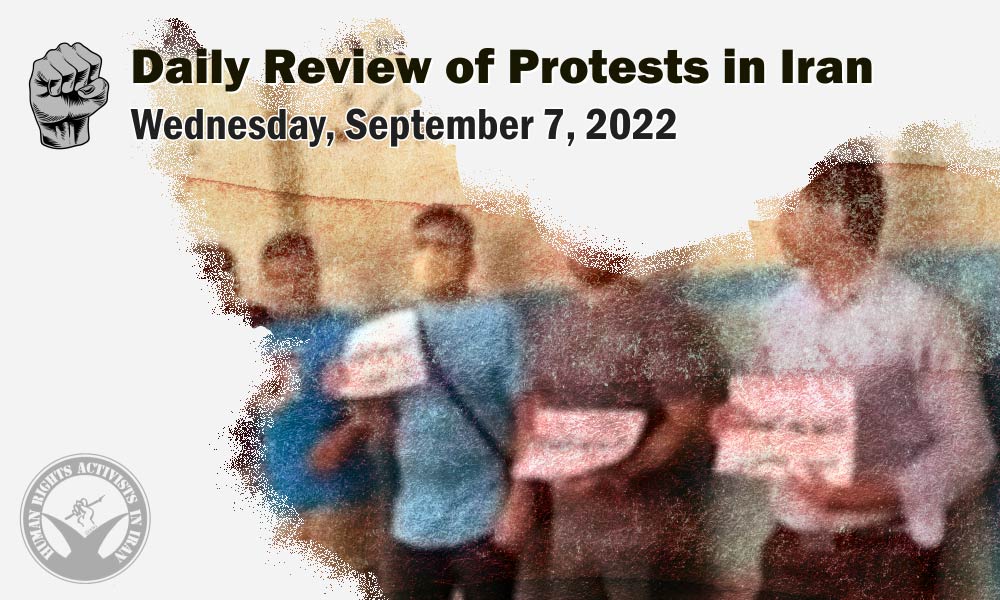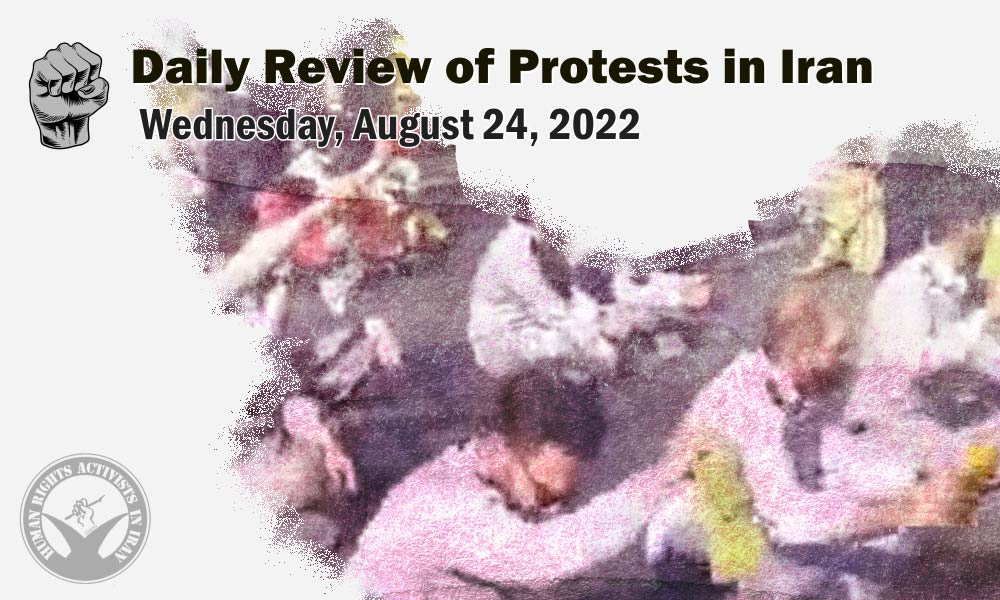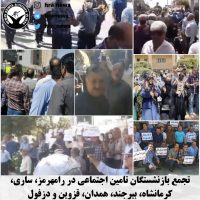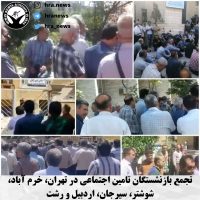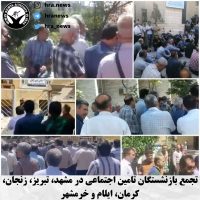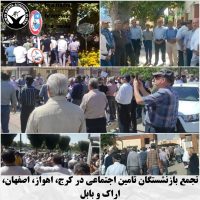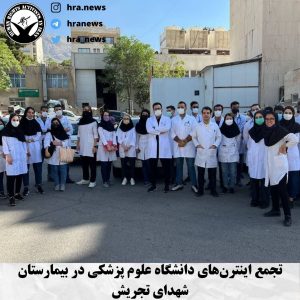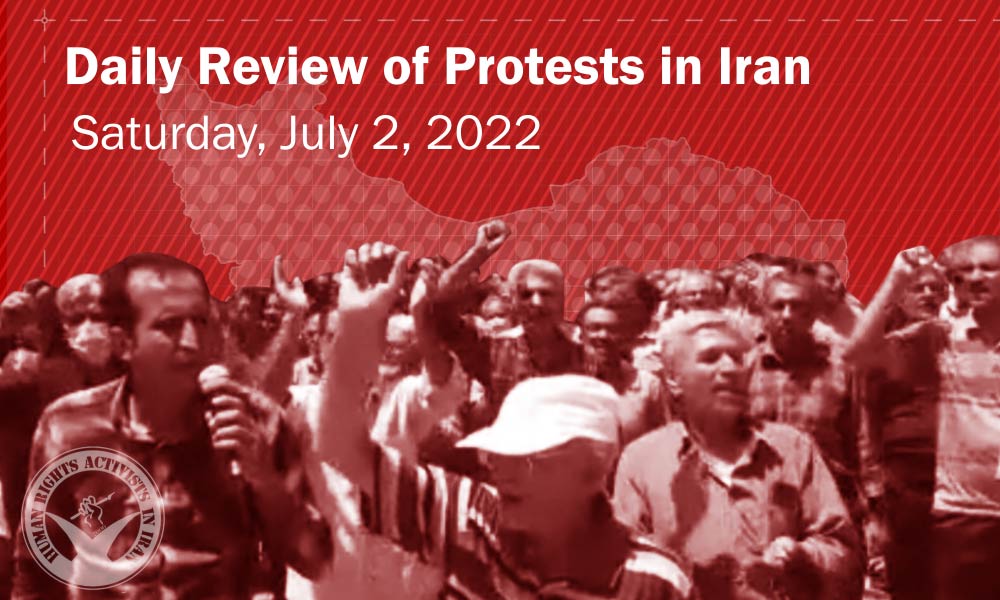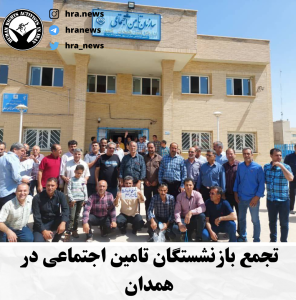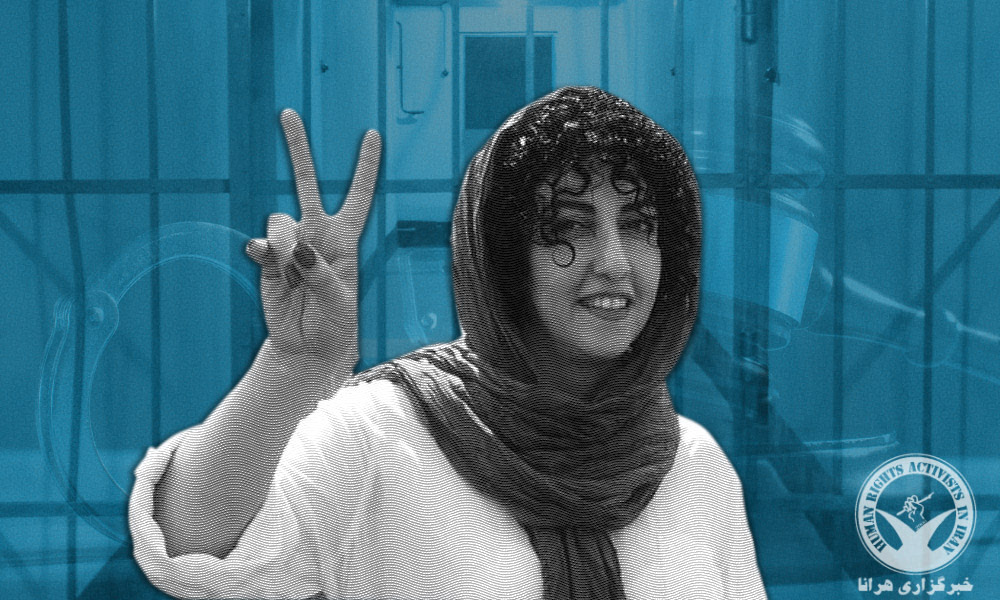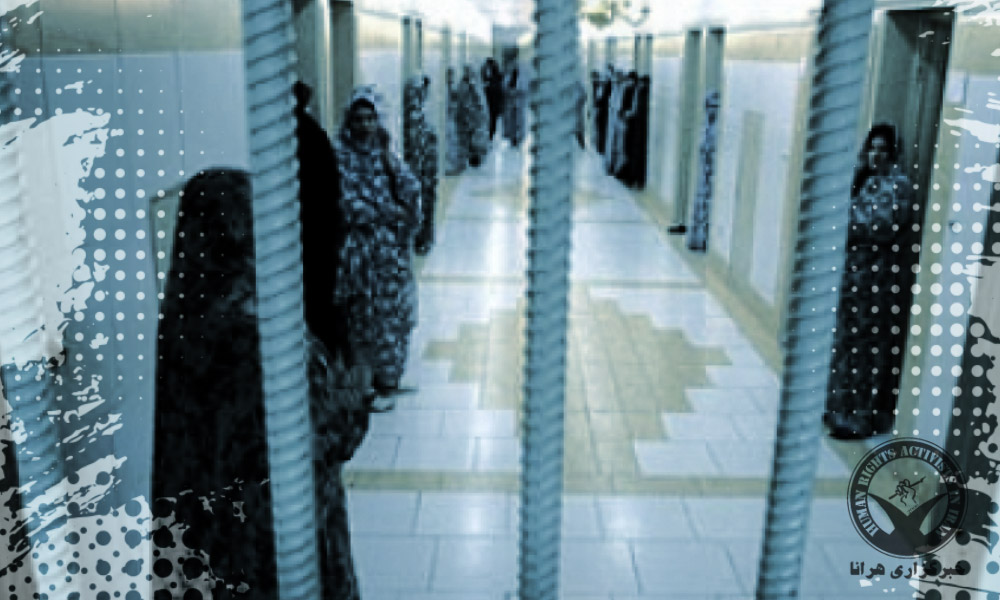Since May 2022, the number of executions, especially of prisoners convicted of drug-related crimes has significantly increased. Since the judiciary carries out the executions without prior notice, the new wave has raised concerns among the prisoners’ families, who organized protests in Tehran and Karaj during the past six days. Although the protests have been peaceful, the police have arrested several individuals.
According to HRANA, the news agency of Human Rights Activists, from May 22 to June 21, the number of executions spiked to 99 cases, four times more than the months before. Executions have remained at this high rate since, causing panic among death row prisoners and their families.
During this period, half of the executed inmates had been convicted of drug-related offences. Unlike murder cases in which the convict is at the mercy of the victim’s family for judgment, the execution of inmates convicted of drug-related crimes is decided by the judicial authorities’ decision.
The families have been gathering peacefully for six consecutive days in Tehran and Karaj. On September 11, the protest turned violent and 30 people were arrested, of which eight currently are kept in detention.
As the figure below illustrates, the judicial authorities have not been transparent as only 39% of the executions have been reported by official sources and media outlets inside Iran so far.

From March 21, 2022 (the beginning of the Iranian year) to September 11, 2022, the Judicial authorities have executed a total of 306 people, including 267 men, 30 women and 30 gender-unspecified individuals. Four of these individuals were under the age of 18 at the time of the arrest. One Pakistani and one Afghan National are among these individuals.
The figure below illustrates the breakdown of executions by capital offence.

Of these convictions, 151 people had been convicted of murder (Qisas or reprisal), 130 of drug-related crimes, 12 of rape, and two of security charges. The charges against 11 individuals remain unknown.
Geographically, 56 executions have been carried out in Sistan and Baluchestan Province. Fars Province ranks second with 28 executions.
In the above-mentioned period, the authorities have sentenced 42 defendants to the death penalty.
One prisoner’s spouse expressed to HRANA that the number of executions has increased exponentially in recent weeks and the prisoners live in fear of imminent execution.
A prisoner who is currently on furlough said the prisoners are fearful and worried about the prospects of speedy Judgements.
According to the head of State prisons and the Security and Corrective Measures Organization, 45% of prisoners in Iran are jailed for drug-related offences.
Since under international law, drug smuggling does not fall into the category of violent crimes, the government has been criticized by the Human Rights Organization and the UN Special Rapporteur on Human Rights in Iran for the execution of drug-related offenders.
In 2017, the former prosecutor of Tehran, Abbas Jafari Dolatabadi, announced the reform in drug-related crime laws and promised the reduction of the death sentences and executions. According to the recent report from the Statistics and Publication Center of the Human Rights Activists in Iran (SPC-HRA), drug-related executions have been reduced, but the number of recent executions is alarming.
According to the SPC-HRA report, between January 1, 2021, and December 20 2021, at least 299 individuals, including four juvenile offenders were executed. 85 others were sentenced to death.
The video reportage is a compilation of 26 videos of recent protests.




